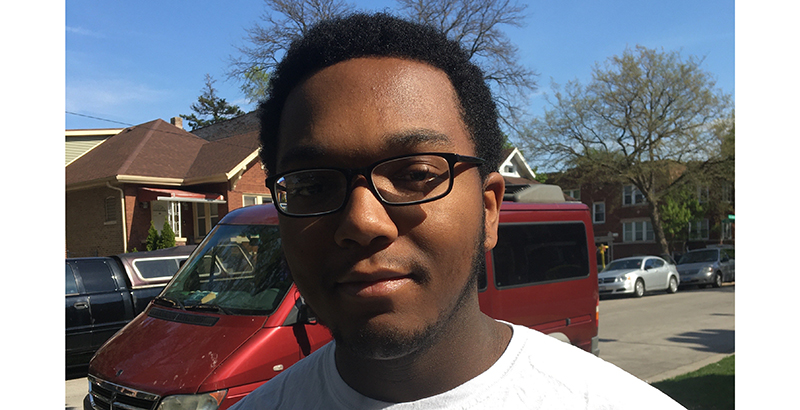‘That’s Not a Gap Year. That’s Just Not Going to College’: COVID-19 Erodes Equity Gains of First-Generation College-Goers

This essay first appeared on The Hill
The most promising solution we’ve seen yet for leveling the nation’s ballooning income and wealth gaps — first-generation students earning bachelor’s degrees — appears to be unraveling.
Because of COVID-19, thousands of low-income students are deferring and dropping college plans, multiple student surveys indicate. Or they are scaling back from a four-year college to a community college, where the odds of ever earning a four-year degree plummet.
Middle-class college-goers may consider a “gap year,” when they defer college for a year, usually finding something educationally enriching to do during that time. But that’s not what’s happening with low-income students.
“What we worry about is a lot of students taking delivery jobs, grocery store jobs because their parents depend on them for income,” said Nicole Hurd, founder of the College Advising Corps, which sends college counselors to high schools that lack them. “That’s not a gap year. That’s just not going to college.”
That describes Jacob Williams of Chicago, an aspiring tech worker who graduated from high school in 2019, enrolled in college and just dropped out due to the pressures of a COVID recession. His mother, the sole earner in the family, works in security at an apartment complex. “I need to earn money for the family.”
At stake here is the fate of tens of thousands of students, most of them low-income and minority, who only recently started achieving the only kind of progress that matters, which is not just enrolling in college but graduating. Given the overwhelming evidence that only a bachelor’s degree is likely to lift students who grew up in the lowest-income families to middle-income levels, these setbacks will tear at our social fabric for generations.
Graduating from college with a bachelor’s degree may not be a perfect indicator of leveling the playing field, but it’s the best we have. And for nearly a decade there was progress not just in getting more first-generation students to enroll in the college (the easy part) but also ensuring they graduate (the hard part). Now, all that’s changing.
In high school, Jacob Williams was guided into college by a counselor from OneGoal, which offers college advice to low-income students in six states. John Dudley, who oversees OneGoal’s advisers in Chicago, says he’s seen a sudden change in attitudes.
“Financial issues are driving their decisions. Someone in the family lost a job, and they’re worried about their financial aid. That’s driving some changes about what to do in the fall.”
First-generation college-goers, Dudley said, are especially wary of paying tuition for online instruction. “They’re worried they are not learning what they need to be learning.” And this only worsens the dilemma for big state systems. The sprawling California State University system, which attracts first-generation students, already announced it is going online in the fall. How can they protect students who mostly commute from home?
Understanding this development requires examining two very different groups of first-generation college-goers.
The first group, low-income students who score high on achievement tests, will fare better. For the past decade, these students have been the intense focus of large national philanthropies upset that low-scoring middle-class students have a better chance of earning college degrees than high-scoring low-income students.
Those philanthropies stepped in by offering expert, data-driven college counseling to these students, sending them to competitive universities where they are likely to earn degrees.
Currently, there’s a lot of over-the-phone hand-holding going on with these students, but counselors say they have been successful in persuading them to stick with college plans. The most likely adjustment: abandoning the far-away elite private colleges for a nearby state university. If they get into an honors program there, chances are they will end up with degrees. If not, their odds of earning those degrees drop.
The second group are low-income, average-scoring students. Average-scoring students from high-income families usually end up in college. If the parents can pay the tuition, there are plenty of colleges more than willing to admit them.
But their low-income equivalents appear to be shedding their college dreams in droves. What hurt especially was the sudden school shutdowns, usually after spring break, when they lost contact with college advisers who were nurturing those dreams.
Houston Independent School District, which has very high poverty rates and where most of the students would be first-generation college-goers, has earned praise for its aggressive college advising. But counselors there despair of losing contact with so many students. They are in touch with less than half the district’s 10,000 seniors, estimates David Johnston, who oversees a staff of 44 counselors there.
Normally, Johnston and his team experience a “summer melt” rate (those who arrange to go to college but never show up) of between 10 and 15 percent. “This year, the summer melt rate will easily be double that.”
Help fund stories like this. Donate now!

;)
